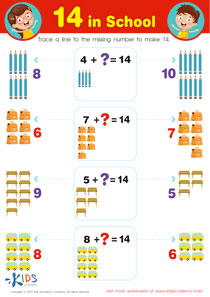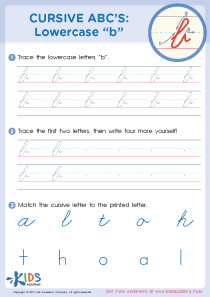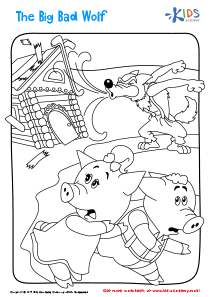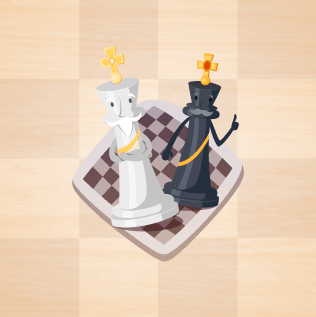35 results
Looking for a fun way to introduce your child to the exciting game of chess? Our Chess Lessons for children in Grade 3 have everything you need to get started! Our interactive worksheets and educational videos make learning about chess easy and fun. Whether your child is just starting out or is already familiar with the game, these lessons will help them develop valuable critical thinking and problem-solving skills. Plus, our assessment quizzes will help you track your child's progress and ensure they are getting the most out of their chess education. Sign up for Chess Lessons today and watch your child excel!
Chess Lessons for Children in Grade 3: How it Can Help Kids in Their Studies
Chess is an intriguing game that can be a great tool for child development. It provides numerous benefits beyond the fun and enjoyment it brings. It teaches children important life skills such as critical thinking, patience, and decision making. This is why chess lessons for children in Grade 3 are highly recommended. In this article, we will discuss how these lessons can be helpful to kids in their studies.
Interactive Worksheets
One of the pillars of our chess lessons for children in Grade 3 is the use of interactive worksheets. These worksheets are designed to help students learn the game in a fun and engaging way. The worksheets incorporate interactive puzzles, mazes, and other activities that require critical thinking and problem-solving skills. The use of these interactive worksheets helps children develop their ability to analyze a situation and come up with a strategy to solve a problem.
Critical Thinking
Chess is a game that requires critical thinking. It teaches children how to plan ahead and anticipate an opponent's moves. This helps children develop analytical and logical thinking skills that can be applied to various aspects of their lives. In addition, chess requires children to consider consequences, weigh options, and make educated choices. These skills will help children excel in their studies, as well as in their future careers, by teaching them how to analyze situations and make intelligent decisions.
Patience
Chess is a game that requires patience. It teaches children how to wait for the right moment to make their move. This skill is important for children to master, as it helps them develop their self-control. With patience, children can work towards goals with a long-term perspective, without the need for immediate success. This is a vital skill to have in life, as it can help children better deal with challenges and setbacks in their studies.
Assessment Quizzes
Our chess lessons for children in Grade 3 also incorporate assessment quizzes to help support learning. These quizzes are designed to help students test their knowledge of the game, while also providing feedback to help them understand areas where they may need to improve. This is a powerful learning tool, as it encourages children to work towards mastery. Additionally, the feedback that children receive from these quizzes helps them to identify areas where they may need additional study or practice. This can lead to a deeper understanding of the concepts and skills required to succeed in their studies.















